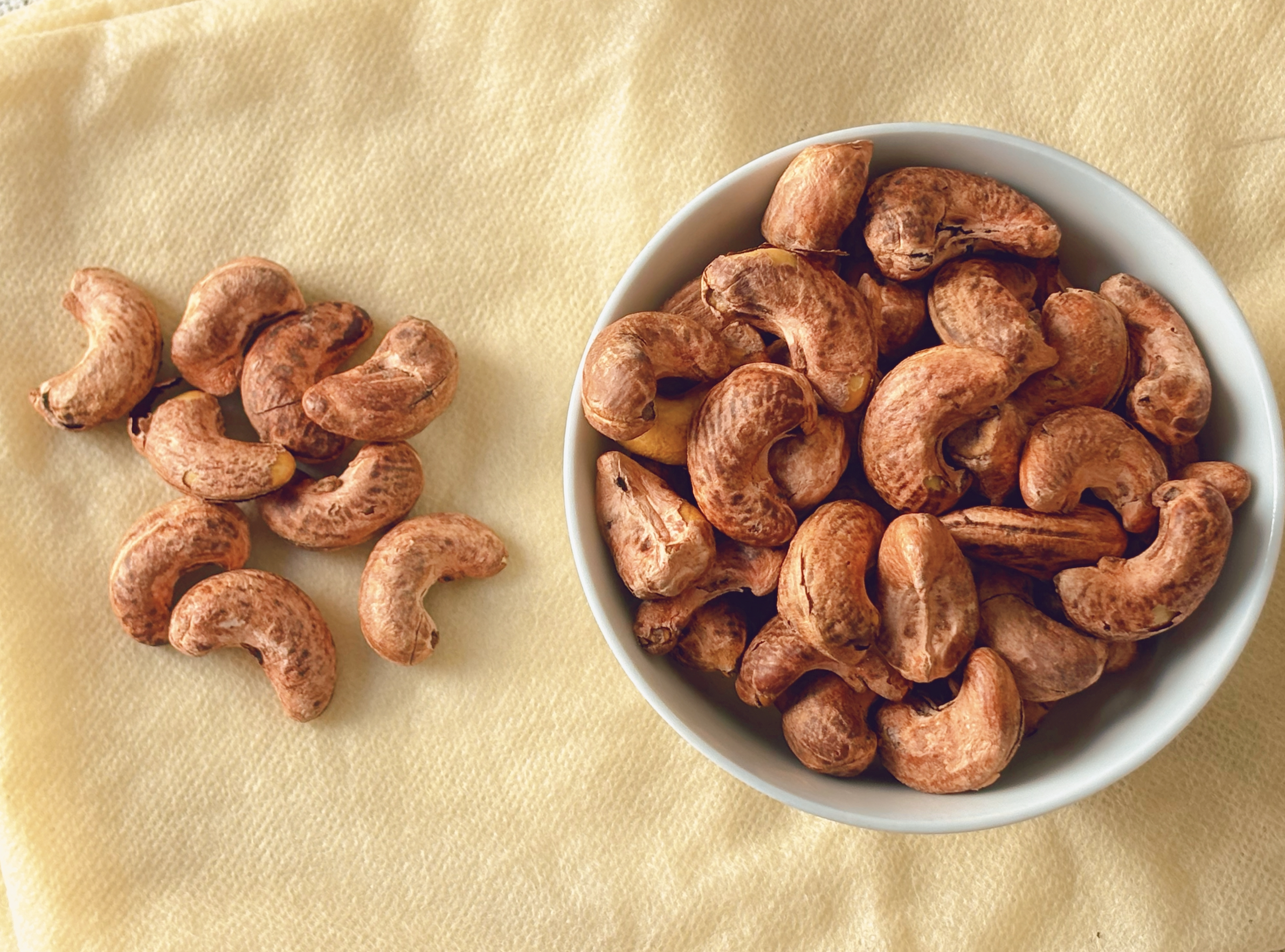According to Doctor Hoang Quyet Tien from the Medical Information Center at Tam Anh General Hospital in Ho Chi Minh City, eyes are vulnerable to damage from blue light, UV rays, pollution, and aging. A sufficient intake of vitamins and minerals helps maintain vision and prevent eye diseases.
Vitamin A is involved in the formation of retinal pigments, helping eyes adapt to darkness and preventing dry cornea. Vitamin A deficiency leads to dry eyes, reduced night vision, and in severe cases, night blindness. Vitamin C strengthens collagen in the cornea, acts as an antioxidant, and slows the progression of cataracts and age-related macular degeneration.
Vitamin E stabilizes cell membranes, limiting damage from free radicals, especially in sensitive eye tissues. These nutrients, found in foods like liver, eggs, leafy greens, oranges, guavas, sunflower seeds, avocados, and salmon, support long-term vision health.
Zinc is an essential trace mineral in the synthesis of rhodopsin in the retina, improving vision in low light conditions. This mineral transports vitamin A from the liver to the eyes, supporting normal visual function. Zinc also helps stabilize cell membranes, strengthens local immunity, and reduces the risk of inflammation in eye tissues.
Zinc deficiency reduces the light sensitivity of the retina, causing eye strain, blurred vision, or decreased night vision. Consuming zinc-rich foods like oysters, beef, pumpkin seeds, whole grains, and legumes promotes healthy eyes.
 |
Various nuts, rich in zinc, support healthy eyes. Photo: Bao Bao |
Lutein, a carotenoid concentrated mainly in the macula and present in the lens, acts as a natural protective layer for the eyes. It absorbs harmful blue light wavelengths, reduces oxidative stress on retinal cells, and helps maintain light sensitivity and central vision. Regular lutein intake has been linked to a reduced risk of age-related macular degeneration. Foods rich in lutein include spinach, kale, and broccoli.
Zeaxanthin, another carotenoid found in high concentrations in the macula, especially in the central area responsible for color and detail perception, helps stabilize retinal structure and limit damage from bright light and free radicals. Like lutein, zeaxanthin slows macular degeneration and reduces the risk of cataracts. Egg yolks, corn, and peas are natural sources of zeaxanthin.
To maintain healthy vision, Doctor Tien recommends minimizing the risk of macular degeneration and cataracts by following a balanced diet rich in vegetables and nutrient-rich foods. Limiting prolonged exposure to blue light from electronic devices, controlling risk factors, and getting regular eye exams for early detection of abnormalities are also essential. Regular supplementation with natural extracts like broccophane (extracted from broccoli) supports the production of thioredoxin, a protein that acts as an antioxidant, protecting retinal pigment epithelial cells and the lens for healthy eyes.
Dinh Dieu
| Readers can submit nutrition questions here for doctors to answer. |












